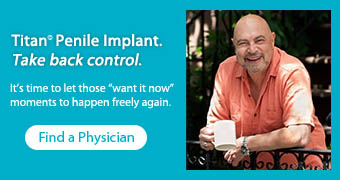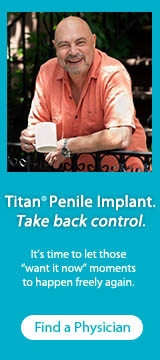LastHope wrote:The study is to show the impact of case volume on implant surgery. As part of that it covers how long devices last in relationship to case volume (low or high volume doctor).
Thanks for sharing this! Based on the paper, a surgeon’s case volume doesn’t seem to correlate with mechanical failures but only shows a correlation with infectious complications. Thoughts?
Page 227:
"We did not observe a relationship between surgeon experience and rates of reoperation for noninfectious complications after IPP surgery. Dubocq et al performed a single center retrospective review of 366 IPP cases, another study that examined the impact of surgeon experience on IPP mechanical failure rates, and similarly found no difference between high and low volume implanters. The absence of an association between surgeon experience and noninfectious IPP failure is not surprising.Surgeon experience has no impact on the physical mechanical properties of prostheses and, therefore, would not be expected to have an impact on the likelihood of mechanical failure. In addition, we speculate that although lower volume implanters might be more prone to errors in pump placement or device sizing, lower volume implanters might also be less likely to perform a repeat operation in a patient with suboptimal but noncatastrophic IPP outcomes such as glans hypermobility or pump migration."
I understand this to address the previous page and figure 2. Figure 2 shows a decline for each of the 4 groups in reoperation for infection. However, for non-infection reoperation it shows a decrease for the first 3 groups and then an upturn for the highest volume group. That is to say the data alone does not show the same relationship as for infection as it does non-infection reoperations. I agree that the reason is that the lower volume doctors would not do reoperations for non-infection reasons. That men would have to find a high-volume doctor to repair a problem caused by low volume doctors. I am an example of this. All my local doctors are very low volume and none of them do reoperations. I was even told by the business office that results were so poor with my local doctors that a number of men have the device removed. I confirmed this with my last visit to my doctor. None of my local doctors do reoperations for repairs. They do remove devices for infection or other problems. I was able to go several hundred miles away to have my repair with a higher volume doctor. So the raw data from this study shows high volume doctors fixing low volume doctors mistakes.







